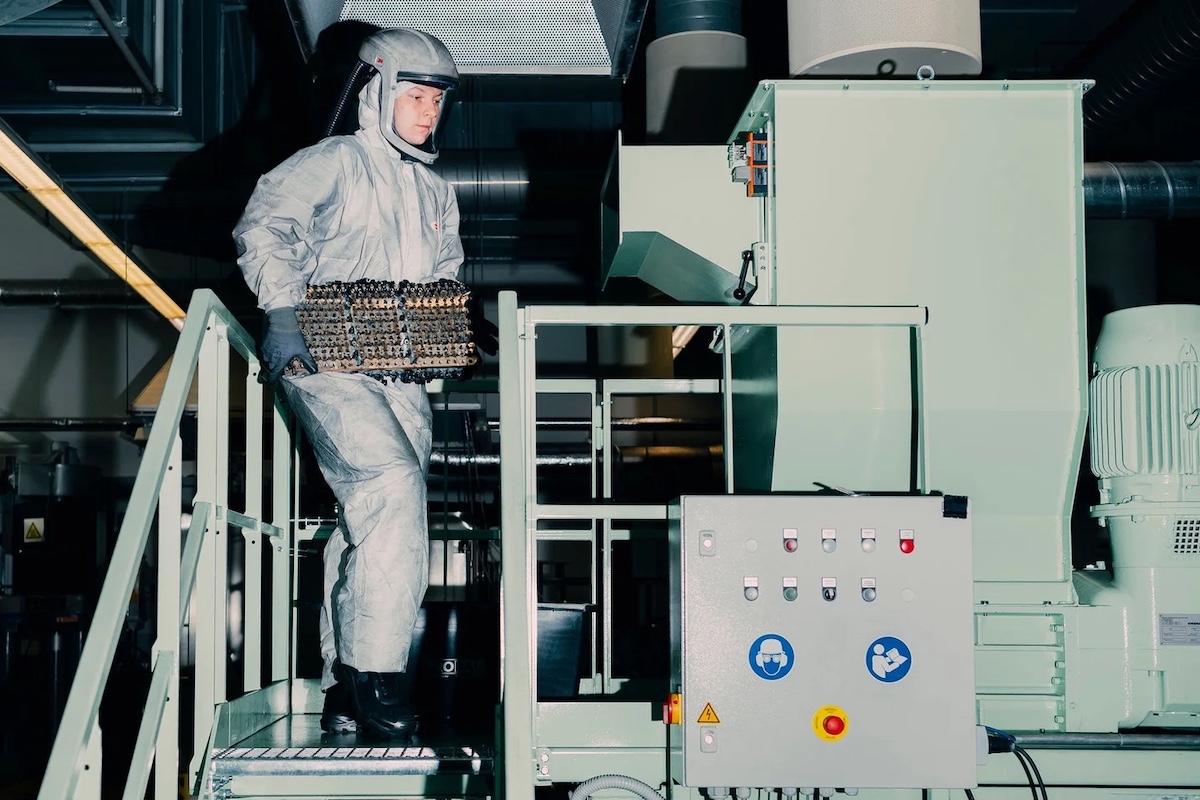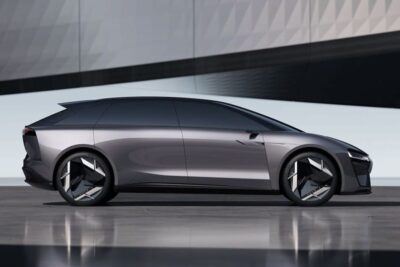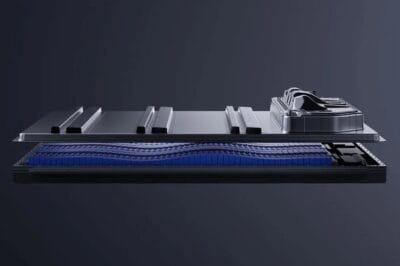Webasto & Cylib announce battery recycling cooperation
In September, Cylib, which received 55 million euros from investors last year, began construction of its first industrial battery recycling plant at Chempark Dormagen, which is being funded by the German state of North Rhine-Westphalia to the tune of tens of millions of euros. The plant will be used to recover the raw materials lithium, graphite, cobalt, nickel and manganese. Under the new cooperation agreement, Cylib will collect and recycle used batteries and production waste from Webasto’s battery production at its European sites.
Cylib’s recycling process combines mechanical, thermal and hydrometallurgical processes and, according to the startup, is particularly efficient and environmentally friendly, as Cylib co-founder and COO Dr Gideon Schwich explains: “Our recycling technology recovers all valuable materials from spent lithium-ion batteries, including lithium and graphite. The partnership with Webasto is an important step towards scaling up battery recycling. Together, we are securing the raw materials of tomorrow and driving forward the circular economy in Europe.”
“Collaborations like the one between Webasto and cylib are in the interest of the entire European automotive industry, because they make the local raw material ecosystem more sustainable and resilient – ultimately benefiting everyone, right down to the end consumer,” added Marcel Bartling, Chief Technology Officer (CTO) of Webasto.
Last year, Webasto also commissioned a second-life battery storage system with a capacity of one megawatt-hour (MWh) at its plant in Schierling, Bavaria. This utilises 30 used batteries, most of which come from pre-series production, to store solar power generated in-house. We also interviewed Webasto’s Manager of the Battery Cell and Module department Hans Beyer recently, who also voiced numerous thoughts on making battery systems more sustainable.





0 Comments